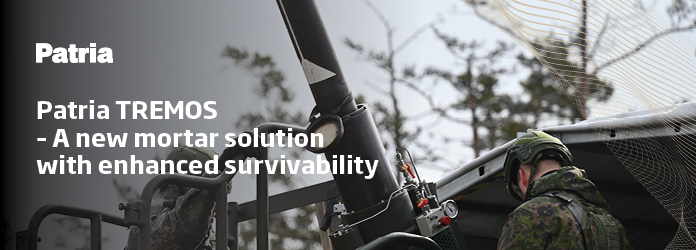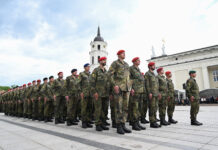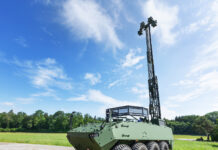Germany’s Bundeswehr has issued Rheinmetall with a large-volume order for service and practice artillery ammunition worth around EUR 1.3 Bn, including value added tax, the company announced on 18 July 2023.
Two contracts to this effect have now been signed at the Federal Office for Bundeswehr Equipment, Information Technology and In-Service Support (BAAINBw) in Koblenz, Rheinmetall noted. The company has been awarded a new framework contract for the supply of 155 mm artillery ammunition, while an existing framework contract has been expanded. In all, the scope of delivery encompasses several hundred thousand shells of various types, including fuzes and propelling charges. Set to run until 2029, the new framework contract represents potential order volume of around EUR 1.2 Bn, including VAT.

In addition to this, the Bundeswehr has expanded an existing framework agreement for DM121 high-explosive 155 mm ammunition (insensitive munitions used for training and exercises). In addition to the framework contract cited above, this represents an order volume of around EUR 137 M, once again including VAT. The volume of the existing framework contract thus increases from EUR 109 M to a total of EUR 246 M, including VAT.
The first call-offs for service and practice ammunition from the framework contract cited above came as soon as the contract was signed, with delivery of shells worth EUR 127 M (including VAT) is due take place shortly.
“The latest orders underscore once again Rheinmetall’s technological lead as a developer and producer of ammunition in Europe,” the company stated in a press release. “Furthermore, the framework contracts will help to assure a secure supply of ammunition to the armed forces of Germany and other NATO nations, enabling better planning of production processes and optimum utilisation of capacity.
“Moreover, thanks to assured long-term production of various types of ammunition during the lifetime of the contract, resulting in availability at short notice, the framework contract also offers logistical advantages to other 155 mm artillery users. For Rheinmetall, the framework agreement means a basic level of capacity utilisation at its ammunition production plants for years to come.”
Germany and other Western nations are having to replace ammunition stocks gifted to Ukraine to fight the Russian invasion there. The war in Ukraine, in terms of the sheer volume of munitions used in the fighting there, has also led many nations to conclude that their previous stocks of ammunition were inadequate given Europe’s current security situation.
Peter Felstead












